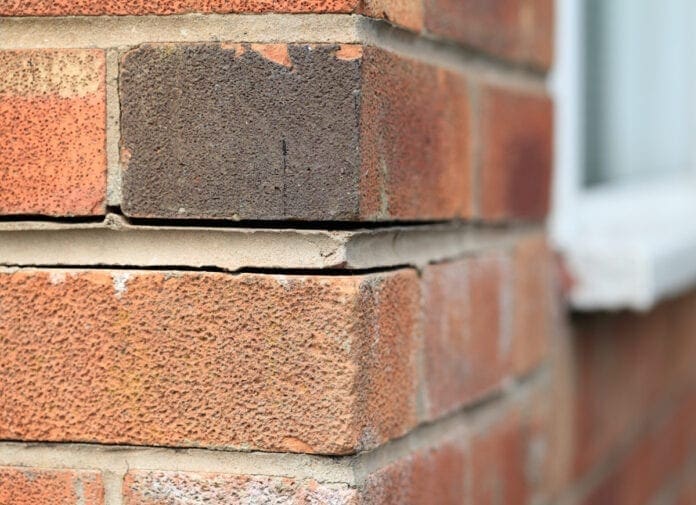“Well,” my oldest said in an attempt to calm me down, “at least you’ll have something to write about this week.”
She had walked in on me behaving in a way that was completely out of character and resorted to our family’s gift of humor to break the awkwardness. “I can’t tell people about this!” I exclaimed, but, to show how precarious escaping poverty can be, I think I have to.
I have only emptied my bank account twice before payday in the past eight months. If you have ever struggled, you know that’s a pretty big deal, right? The first time left me dodging the eight ball until I was caught back up. I’ve taken on some side gigs here and there to stay ahead, but, honestly, I have felt better about my situation in the past eight months than since my mid-30s.
I finally felt comfortable paying my bills through autopay and hadn’t had to postpone or cancel for months. Financial stability seemed possible for the first time. And then, man, I don’t know what happened, but I made a colossal mistake.
I somehow forgot that I had set up a new payment through autopay and made an automatic one the same day online. When I stopped at the ATM a couple of days later, I freaked out. I had gone from “thank you, Mr. Stimulus, for helping me catch up” to “What the %$^* happened to all my money?!?”
‘I’m So Sorry …’
I was so shaken that I had to pull the car over. When I checked my account, I saw two withdrawals for the same bill and fought back tears for a minute before taking a deep breath and calling them.
The first rep told me to call my bank and have the payment stopped, which I knew wasn’t possible because the money was gone. The bank referred me back to the company. The second call ended with “I’m so sorry, Miss Hutchison, but there’s nothing we can do.” I replied that sorry wasn’t going to help my family and hung up. I sat on hold and was volleyed back and forth between departments for five and a half very long hours. It was when I was told the fourth different version of why I couldn’t have my money that I snapped.
I heard myself yelling but couldn’t stop. I was crying and mean and apologizing when she asked, “Is there anything else I can help you with, Miss Hutchison,” I told her yes, she could pray that I never have to deal with them again, and I hung up.
The silence between me and my kid who had walked in was awkward. I was crying, embarrassed, and mentally designing my hustle to keep us floating for two weeks. I sighed and said, “It’s a trauma response, you know, the way I just broke on that woman,” without looking at her. “Oh,” she said. “I think I get it, mom. It’s okay.” But it wasn’t. None of this mess was okay, so we talked about the way I responded, how I should have done better and how my day-long freak out and panic made me reactionary. Then, add in all the things we wanted and needed to do this week before payday and couldn’t because I messed up at adulting and, well, it was too much for my emotions.
A Wobbly Brick
I know a lot of you are probably thinking I was ridiculous, but that bank account balance undid me. Instantly, I slid right back into that mindset of despair and hopelessness because being “that poor” again scares the absolute hell out of me. Maybe you understand when I say that one of my life goals is never to have to stand in a food pantry line again, and that’s exactly where my poverty brain went when I saw that bank account balance – to the fear of my kids being hungry, knowing that my fridge and freezer were full. I am better off than ever, yet have no savings, thanks to a more livable wage, but I am terrified of losing it all because money ends poverty.
As you come across articles about raising the minimum wage, I want you to remember that it takes one wobbly brick for working class folks’ lives to become unstable. I’m blessed because I make above minimum wage, my bills were paid, and there was enough food in my house when this happened to me this time. But the harm poverty has done to me over the years runs deep, and I can’t imagine surviving on minimum wage. If we want people to be self-reliant then we have to provide that opportunity to them. Minimum wage workers are essential, and our country’s consideration of them should be, too. Poverty has enough trauma of its own.
Onward,
Amy Jo


